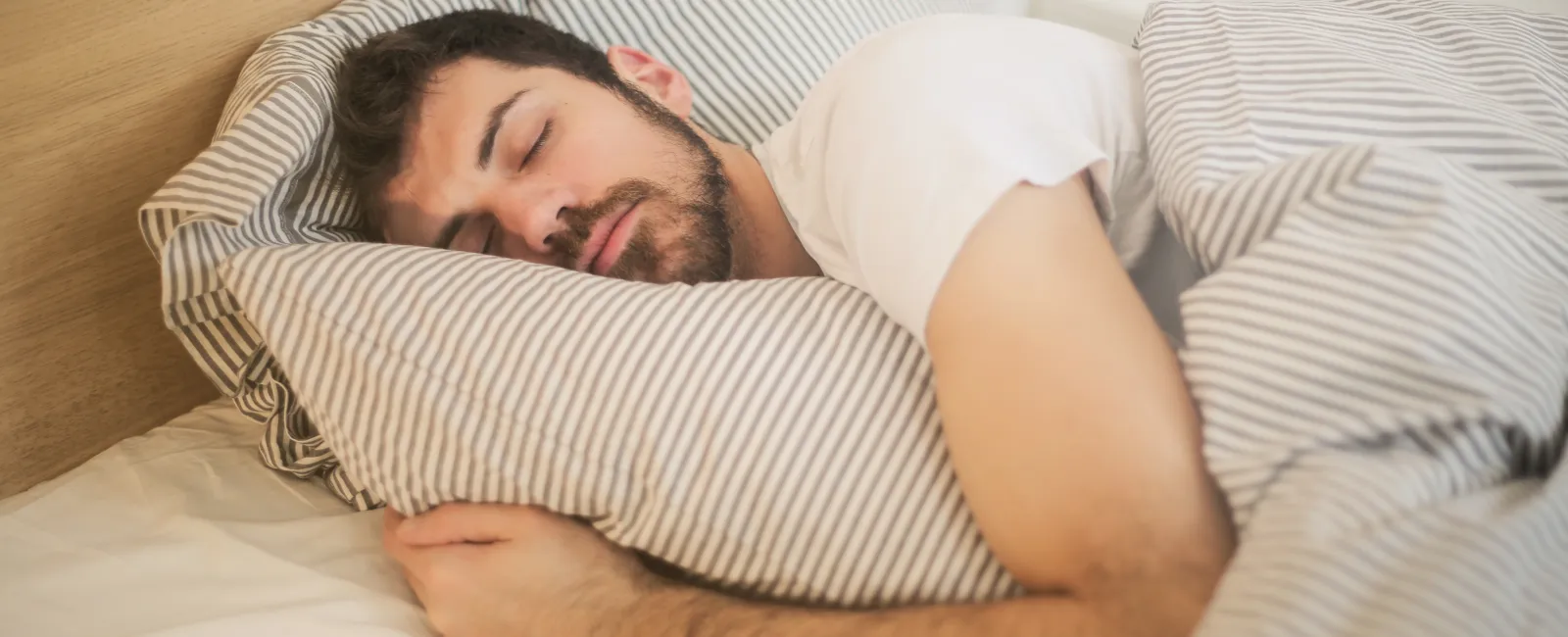June 12, 2025
Many people, especially men over 50, start noticing that sleep is regularly interrupted by the need to use the bathroom. Nighttime urination, known as nocturia, might seem like a minor inconvenience at first, but over time, it can affect everything from energy levels to overall well-being.
This frustrating symptom can have several underlying causes. Sometimes it's simply a matter of hydration habits or aging. In other cases, it can be a sign of something more medical, including conditions involving the bladder or prostate. Understanding why it's happening is the first step toward finding relief and restoring more restful sleep.
Common Causes of Nighttime Urination
Waking up once in the night to urinate may not be unusual, especially if you've had a large glass of water or a nightcap before bed. However, if it becomes a nightly pattern (twice, three times, or more), it's worth investigating the cause.
One of the most straightforward explanations is increased fluid intake in the evening, particularly beverages with caffeine or alcohol, which act as diuretics. Certain medications for blood pressure and heart conditions can also contribute to nocturia, as can uncontrolled blood sugar in people with diabetes.
However, if lifestyle changes don't help, the cause may be a medical condition, and one of the most common is an issue with the prostate.
How the Prostate Affects Nighttime Urination
The prostate gland, found only in men, sits just below the bladder and surrounds part of the urethra. As men age, it's common for the prostate to enlarge. This condition is known as benign prostatic hyperplasia (BPH). An enlarged prostate can press against the urethra and interfere with normal urine flow, often causing the bladder to work harder and leading to increased urgency and more frequent trips to the bathroom at night.
An enlarged prostate is one of the most common reasons men begin to experience more frequent nighttime bathroom trips. It's also why urologists often recommend a prostate health check if these symptoms begin to disrupt sleep or daily function.
Could It Be Prostate Cancer?
While most cases of nocturia are not caused by cancer, prostate cancer can also affect urinary habits, especially if it grows large enough to obstruct the urinary tract. In its early stages, prostate cancer often has no symptoms at all. However, as it progresses, it can mimic many of the same symptoms as BPH, including:
Difficulty starting or stopping urination
Weak or interrupted urine flow
Frequent urination, particularly at night
A feeling that the bladder hasn't fully emptied
It's important to note that these symptoms don't confirm a cancer diagnosis. In fact, they're far more often linked to BPH or other non-cancerous conditions. That said, they're also the reason why men experiencing persistent nocturia should consider a prostate evaluation. Early detection is key, and a simple PSA blood test and physical exam can help rule out or identify prostate abnormalities early.
Other Urologic Conditions Linked to Nocturia
Not all causes of nighttime urination are related to the prostate. There are other urological conditions that may also explain this symptom.
One is overactive bladder (OAB), which happens when the bladder muscles contract too often, even when the bladder isn't full. This can lead to frequent urges to urinate, both during the day and at night. OAB is more common with age and often overlaps with other bladder or prostate issues.
Another possible factor is urinary tract infections (UTIs). Though more common in women, men can also develop infections in the urinary tract, especially if there is prostate involvement. UTIs can cause inflammation, urgency, and discomfort, often worsening at night.
Lastly, elevated PSA (prostate-specific antigen) levels may point to inflammation, enlargement, or other prostate activity.
When to Talk to a Urologist
Frequent nighttime urination might be common, but that doesn't mean you should ignore it, especially if it's affecting your quality of life. If you're waking up more than once a night to use the bathroom consistently, or if it's paired with other symptoms like weak flow, difficulty starting, or discomfort, it's time to contact a urology specialist.
Many of the causes of nocturia, like BPH or OAB, are treatable. Lifestyle changes, medications, and non-invasive procedures can often make a big difference. If further evaluation shows something more serious, like prostate cancer, early diagnosis can open the door to more effective treatment options.
What to Expect During a Prostate Evaluation
If your urologist suspects the prostate may be involved, they may recommend:
A digital rectal exam (DRE) to assess the size and texture of the prostate
A PSA blood test to look for signs of elevated prostate activity
A urinalysis to check for infection or blood
In some cases, imaging tests like ultrasound or MRI for further clarity
These evaluations are routine, straightforward, and typically performed in-office. They provide critical information about whether your symptoms are related to BPH, prostate cancer, or another urologic condition.
Small Changes That May Help
While medical guidance is essential, there are a few lifestyle tweaks that might help reduce nighttime urination in the meantime:
Limit fluid intake two hours before bedtime
Avoid caffeine and alcohol in the evening
Make a habit of using the bathroom right before going to sleep
Elevate your legs in the evening if swelling is a factor. This helps reduce fluid buildup.
Keep a bladder diary to track when and how often you're urinating
Still, if these changes don't help, that's a sign that the issue may go beyond hydration habits, and it's best to consult a specialist at Advanced Urology in Atlanta.
Don't Let Nocturia Disrupt Your Life
There's no need to suffer through interrupted sleep. While nocturia can be linked to aging, hydration, or lifestyle, it's often connected to treatable conditions like BPH, overactive bladder, or even prostate cancer. Addressing the issue early can make a huge difference in how you sleep and your long-term health.
At Advanced Urology, our expert providers specialize in diagnosing and treating the full range of urinary and prostate concerns. Whether you need a quick consultation, a PSA screening, or a full diagnostic workup, we're here to help you get to the bottom of your symptoms and find a path toward better nights and better days.
Advanced Urology is Here to Help
If you're wondering why you keep waking up to pee at night, it might be time to speak with a urologist. The answer could be something simple or your body's way of signaling a deeper issue.
Advanced Urology offers state-of-the-art diagnostics and compassionate care for conditions like BPH, overactive bladder, elevated PSA, and prostate cancer. We aim to give you answers and a personalized treatment plan that helps you feel like yourself again.
Contact us today to schedule an appointment and take the first step toward better sleep and better health.




